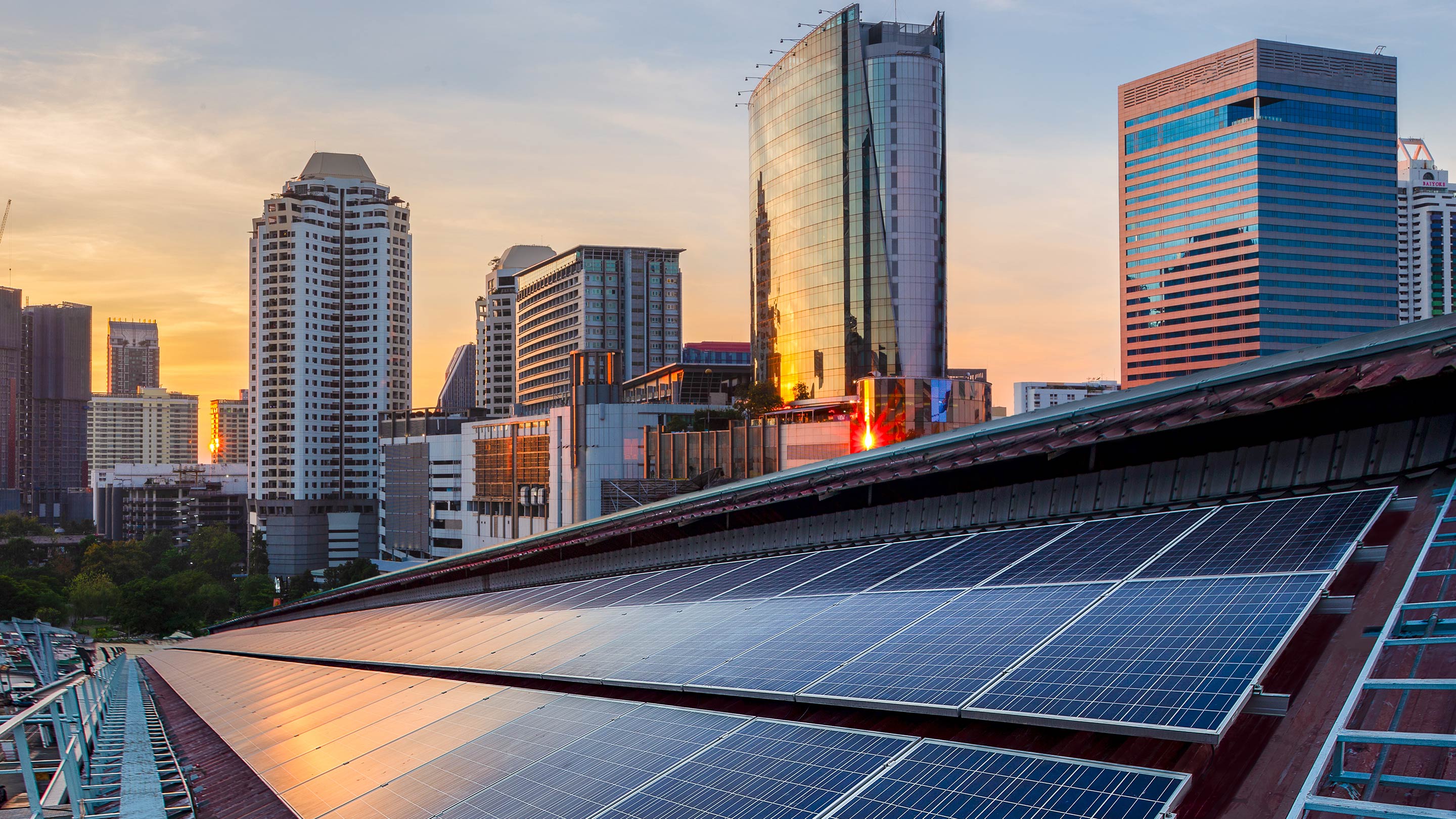Seniors Lead in Climate-Friendly Actions, Says Report
Aviva PLC

New research by Aviva suggests that individuals aged 65 and over are at the forefront of adopting climate-conscious behaviours in the UK.
In a YouGov poll conducted as part of Aviva's 2023 Climate-Ready Index, it was found that this age group is leading the way in minimising their environmental impact when compared to other age groups in the country.
The survey of 1,000 UK adults revealed that people aged 65 and above are particularly active in recycling (88%), turning off lights in unoccupied rooms (91%), and opting for energy-efficient appliances (63%).
Furthermore, when it comes to actions like supporting local businesses and conserving water, the over-65 age group is twice as likely to engage in such practices compared to individuals aged 18-24, with figures standing at 59% versus 29% for shopping locally and 12% versus 24% for saving water.
Interestingly, despite those aged 18-24 expressing a higher sense of responsibility toward addressing climate change, with 36% feeling pressure from their peers, they tend to undertake fewer environmental actions overall.
On average, individuals aged 65 and over perform 8.1 of the listed everyday environmental behaviours, while those aged 18-24 perform 5.8. These statistics closely align with the 2022 Climate-Ready YouGov study by Aviva, where the averages were 8.2 and 5.7 for the respective age groups.
Encouragingly, the 2023 Aviva study also indicates that younger generations are planning to increase their commitment to environmental actions in the coming year. When presented with the same list of behaviours, those aged 18-24 expressed intentions to take 3.3 additional actions in the next 12 months, whereas those aged 65 and above planned to take 1.8 actions.
Furthermore, younger individuals exhibit a higher propensity for vegetarian or vegan diets, with 17% of those aged 18-24 following such diets compared to 8% of those aged 65 and over. They are also more inclined to shop at refillable stores (11% versus 4%) and invest in financial companies that support socially and environmentally responsible activities (14% versus 8%).
While the research indicates a strong concern about climate change among those surveyed, with 74% expressing concern and 70% believing that urgent action is necessary, it also reveals that economic challenges are impacting people's willingness to take environmental action. Half of the respondents (50%) prioritise addressing the cost of living over making environmental changes, a sentiment that rises to 58% among those aged 65 and over.
This economic perspective is reflected in a reduction in certain environmentally conscious actions when compared to 2022. For instance, recycling as much as possible decreased from 80% to 75%, avoiding items with excess packaging dropped from 48% to 43%, and purchasing from renewable energy providers declined from 22% to 18%.
Nonetheless, some of the eco-friendly measures preferred by older individuals also come with economic benefits, such as lowering heating expenses, implementing energy-saving measures at home, and using shorter or lower-temperature washing machine cycles. This suggests that there are dual benefits to many sustainable actions, and managing costs and sustainable living need not be mutually exclusive.
Claudine Blamey, Group Sustainability Director at Aviva, commented, "There are positive lessons to take from this year’s Climate-Ready Index. The majority of UK residents believe urgent action is required to tackle environmental change.
It’s heartening to see that older generations are leading the way through their climate-conscious behaviours and younger people are committing to doing more." She emphasised the need for people to realise that making a difference is achievable and can have a measurable impact on the world.
Aviva's annual Climate-Ready Index assesses and ranks G7 countries based on their readiness to address climate change. The most recent edition maintains the UK's third-place ranking from the previous year, but it has made progress in closing the gap on second-place France. Germany remains the top-ranked country in terms of climate readiness.
To view and compare company ESG Ratings and Sustainability Reports, visit our Company ESG Profiles page.
Source: Aviva






